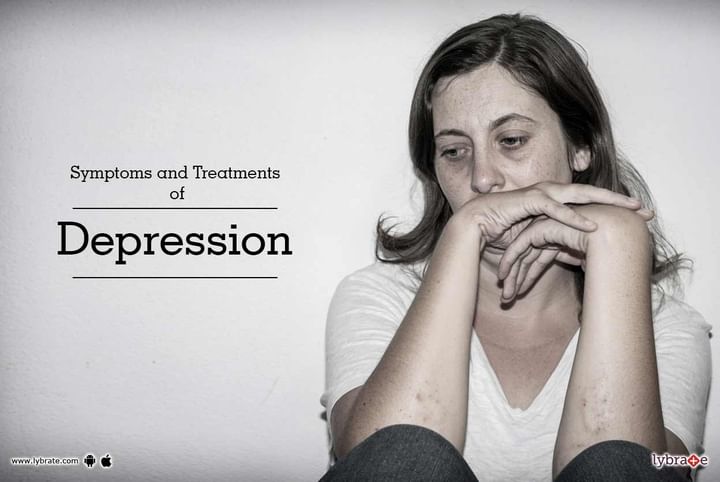Symptoms and Treatments of Depression
Depression, or major depressive disorder, is a mental health condition marked by an extended sense of sadness and despair that affects how a person thinks, feels and functions. It affects the way you think and brings about changes in your physical and emotional self. In severe cases, depression makes it extremely difficult for you in carrying out your daily activities. Yes, the condition may significantly interfere with a person's daily life and may prompt thoughts of suicide. There is no instant cure for this disorder; rather it requires a more long term approach to treat this disease.
Symptoms-
The symptoms of depression are:
-
Feeling of emptiness and sadness.
-
Violent outbursts of anger.
-
Disturbances in sleep patterns, resulting in insomnia in a few cases.
-
Constant tiredness and fatigue.
-
Constantly agitated and anxious.
-
Drastic changes in your appetite (usually appetite decreases).
-
Physical problems such as headache and back pain.
-
Constant feeling of worthlessness and guilt.
-
Recurrent thoughts of suicide and violence.
Causes-
Although scientists agree that depression is a brain disorder, the debate continues about exact causes. Many factors may contribute to the onset of depression, including genetic characteristics, changes in hormone levels, certain medical illnesses, stress, grief, or substance abuse. Any of these factors alone or in combination can bring about the specific changes in brain chemistry that lead to the many symptoms of depression, bipolar disorder, and related conditions.
Treatments-
-
Psychological counselling and medications are the preferred treatment alternatives for depression. The medications that are used to treat depression are antidepressants and serotonin reuptake inhibitors. It is important to consult a psychologist before opting for any treatment procedure. The doctor will carry out a thorough diagnosis and then prescribe treatment accordingly.
-
Psychotherapy is another treatment process that is used to treat depression; this involves you talking about your condition to a doctor. It can help you find better and feasible ways to find solutions to problems and set realistic goals in life.
-
Electroconvulsive therapy is another mode of treatment that uses electric currents to modify the functioning of the neurotransmitters. If you wish to discuss any specific problem, you can consult a psychologist.
In case you have any query or questions then you can consult the best Psychologist in Mumbai, who can provide you the right consultation instantly.



+1.svg)
